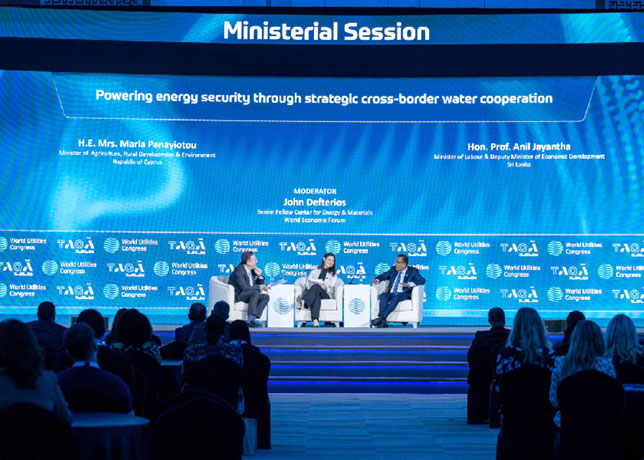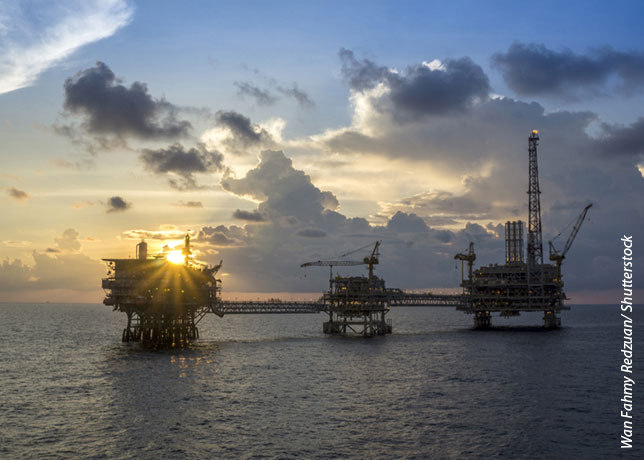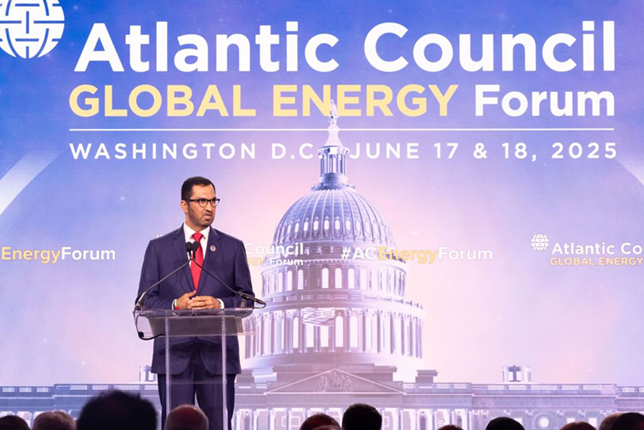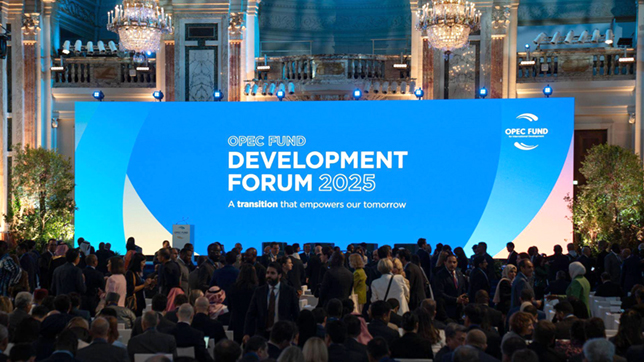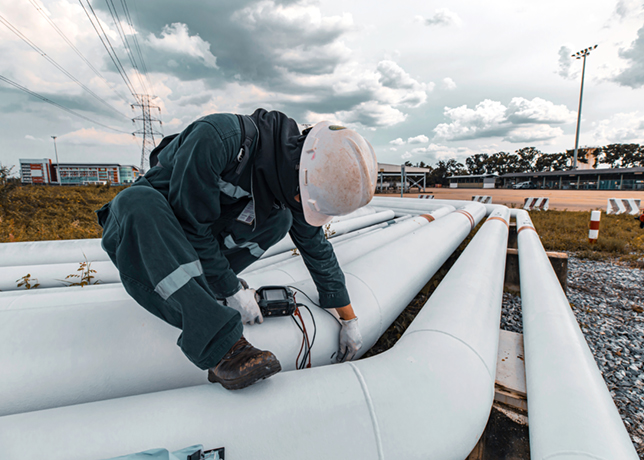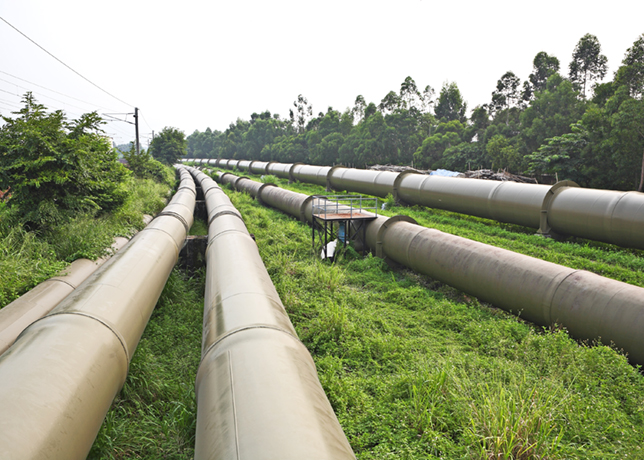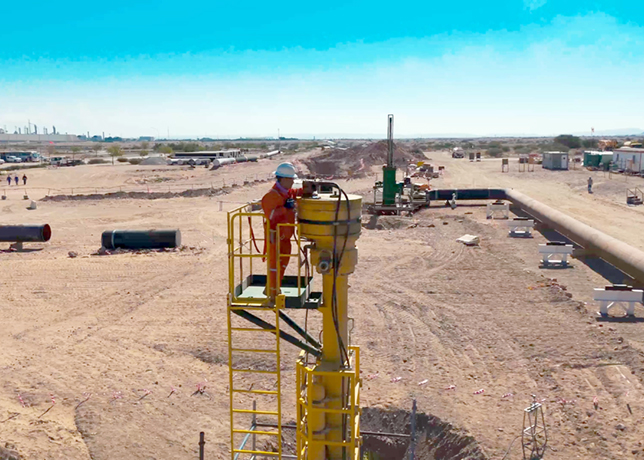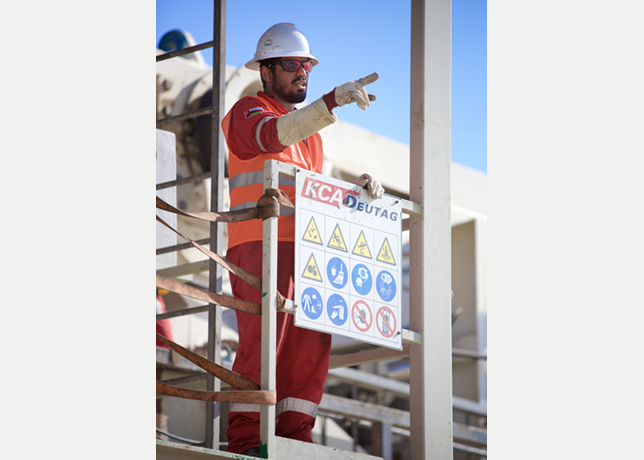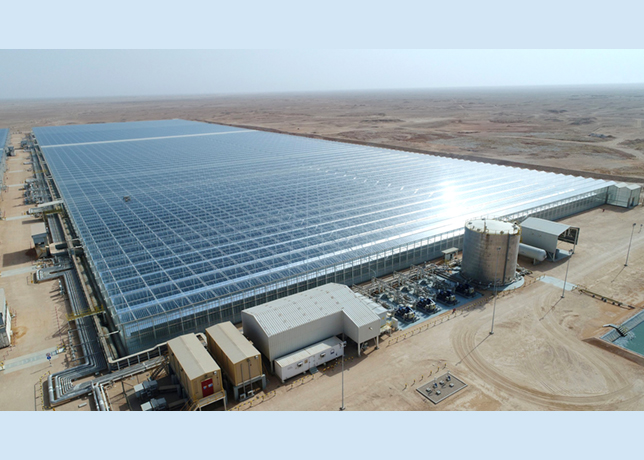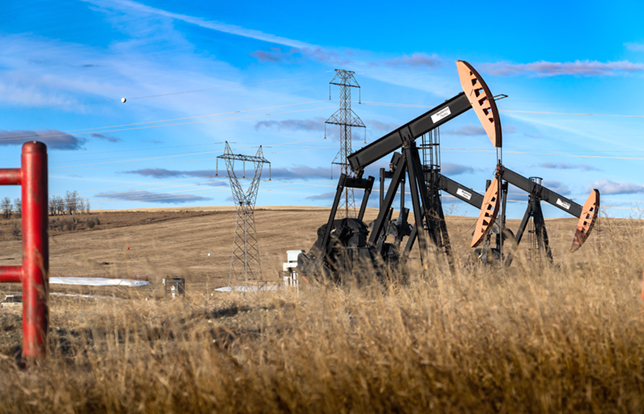
In a major policy shift, the World Bank has lifted its long-standing ban on financing nuclear energy projects, aiming to bolster global electricity access and foster development.
This decision, formalised at a board meeting last month, reintroduces the institution to the nuclear sector after decades.
The move is driven by the urgent need to meet burgeoning electricity demand in developing nations, projected to more than double by 2035.
This growth necessitates significant investment in generation, grids, and storage, with annual figures needing to rise from $280 billion currently to approximately $630 billion.
The World Bank will now support efforts to extend the operational life of existing reactors and expedite the deployment of small modular reactors (SMRs), collaborating with the International Atomic Energy Agency (IAEA) to ensure safety and regulatory standards.
This pragmatic approach empowers countries to choose diverse energy mixes, including nuclear, to achieve their development objectives.










